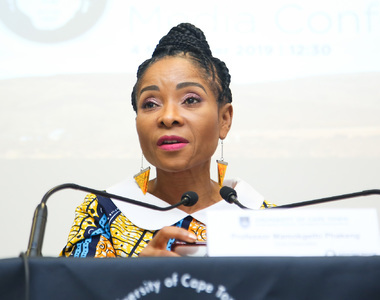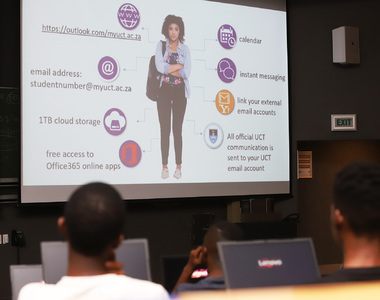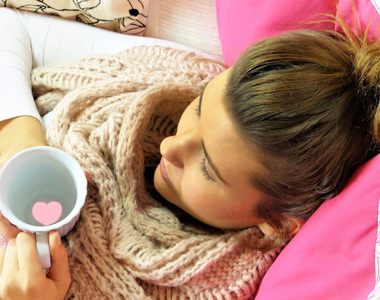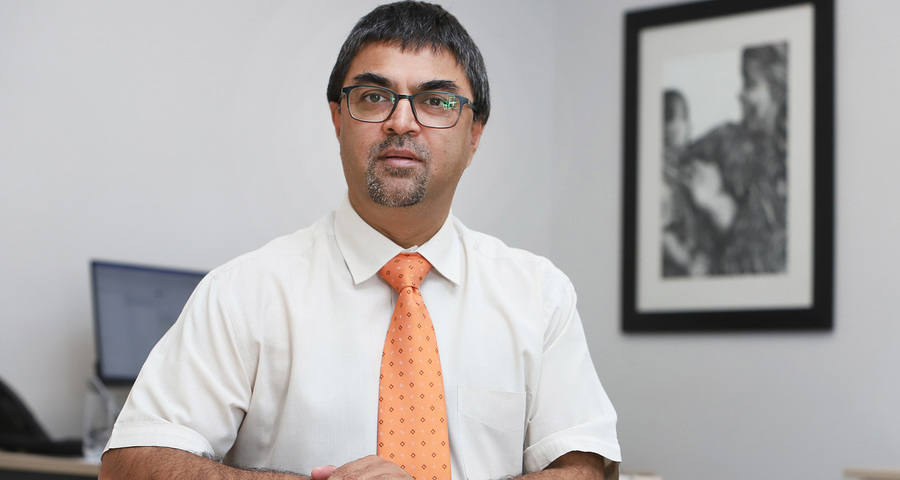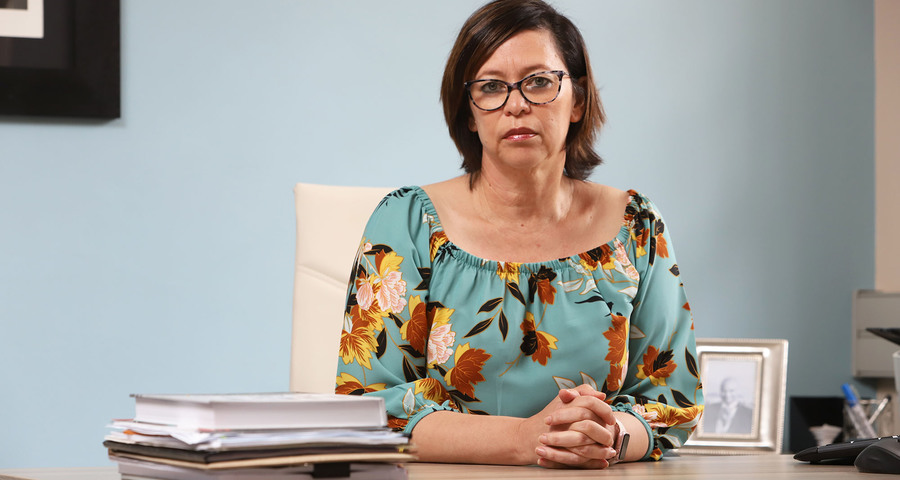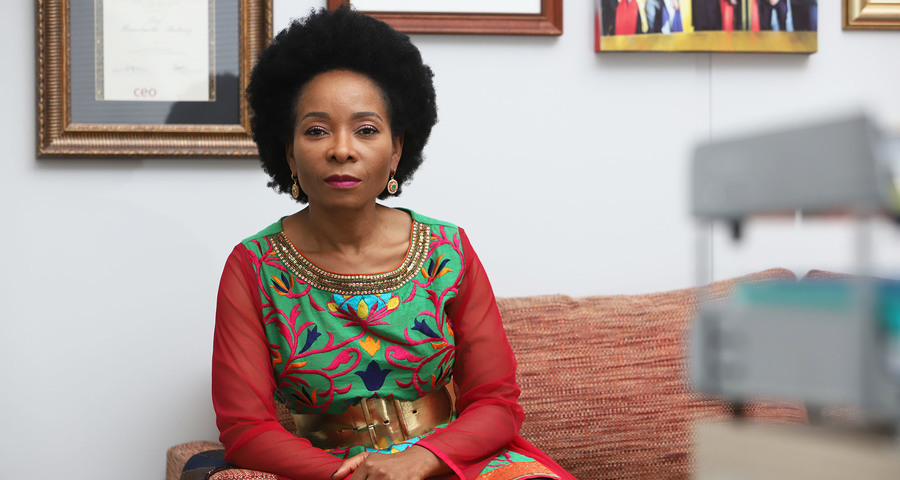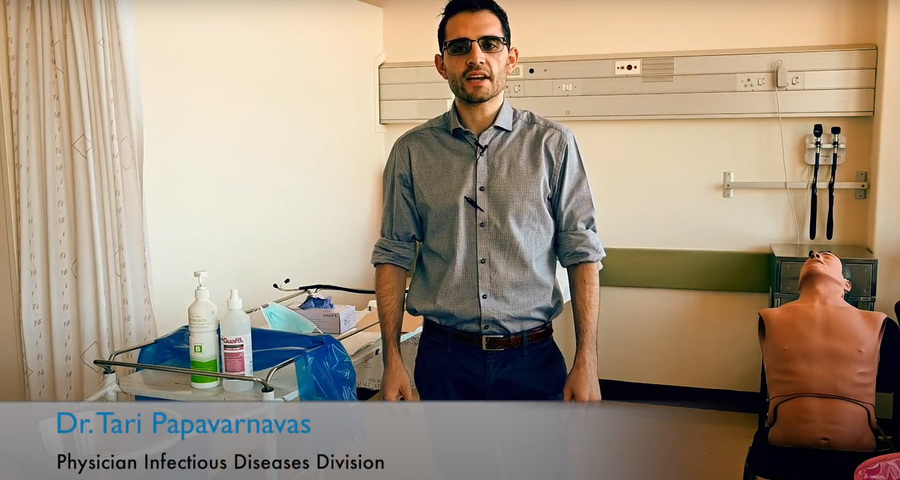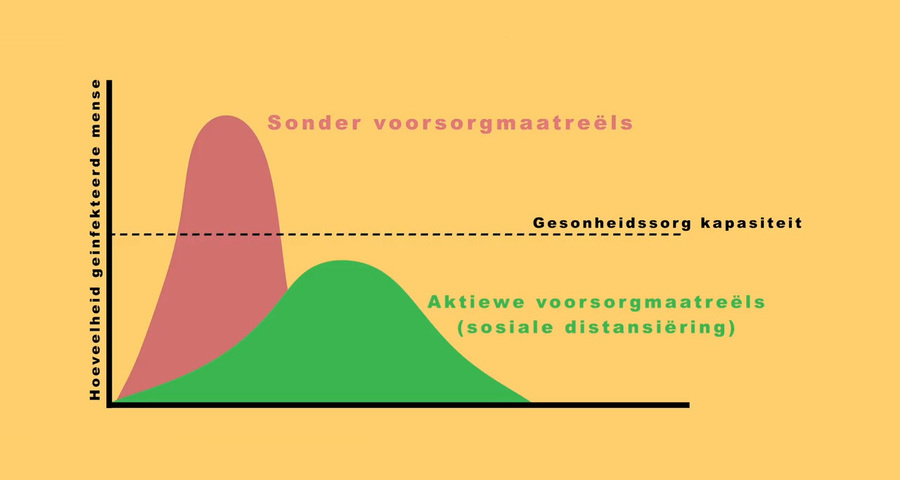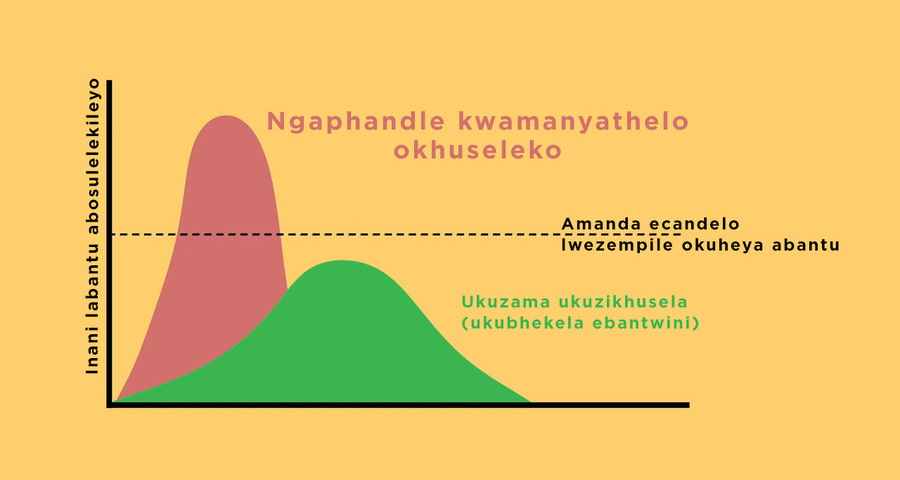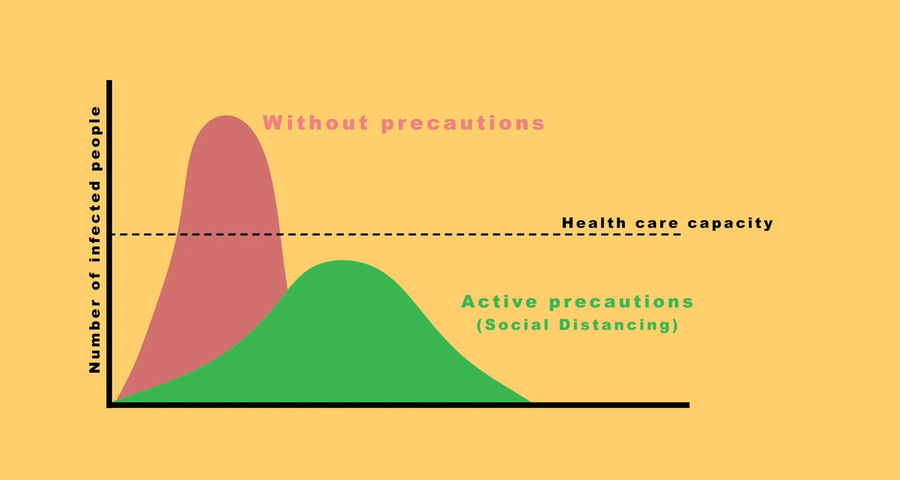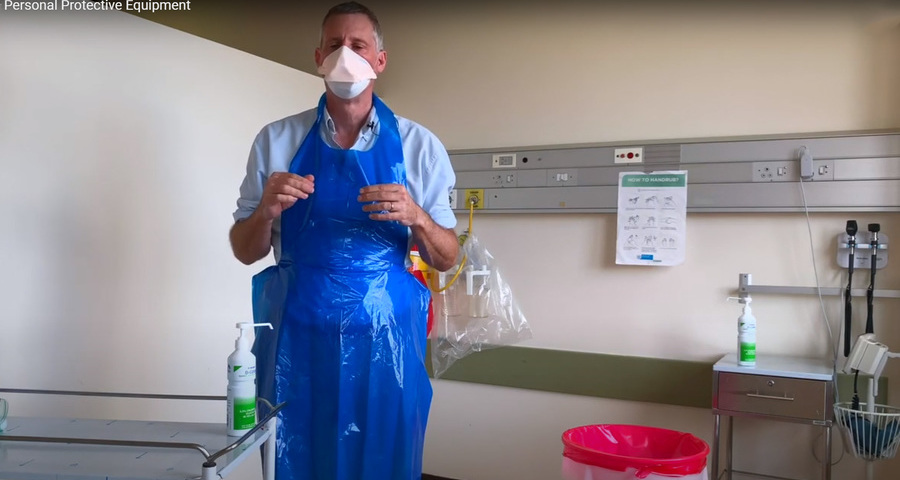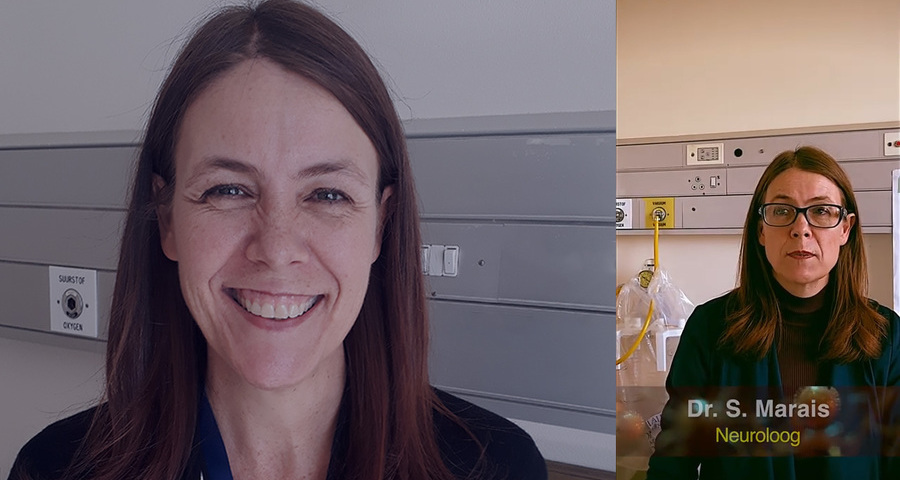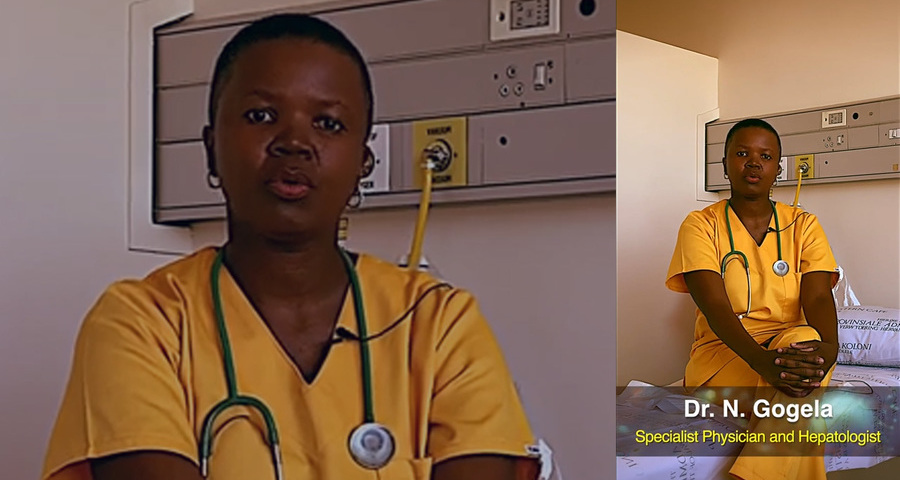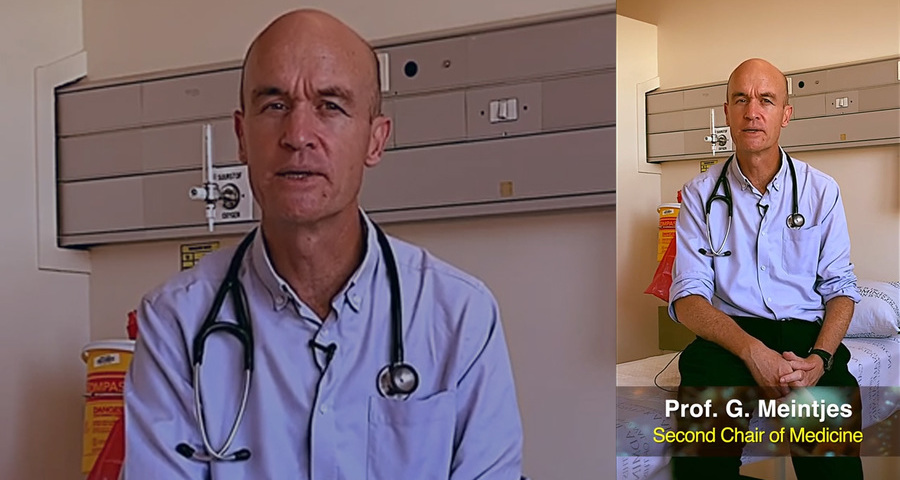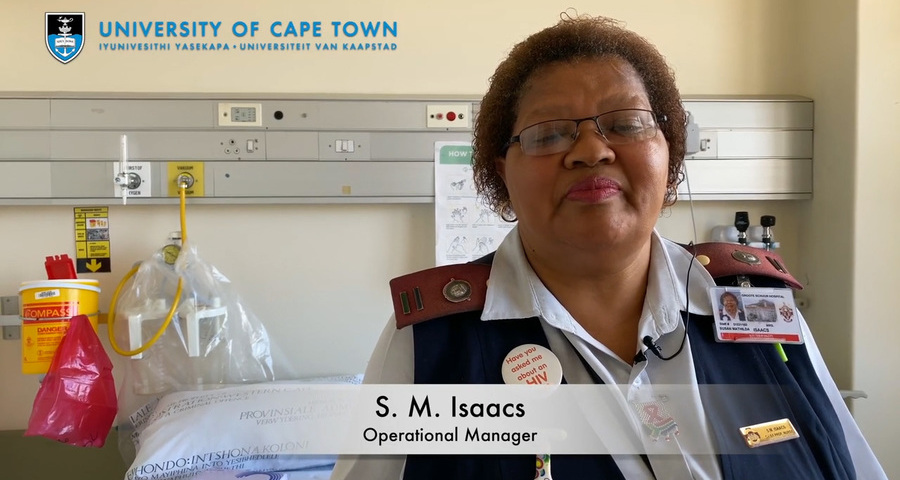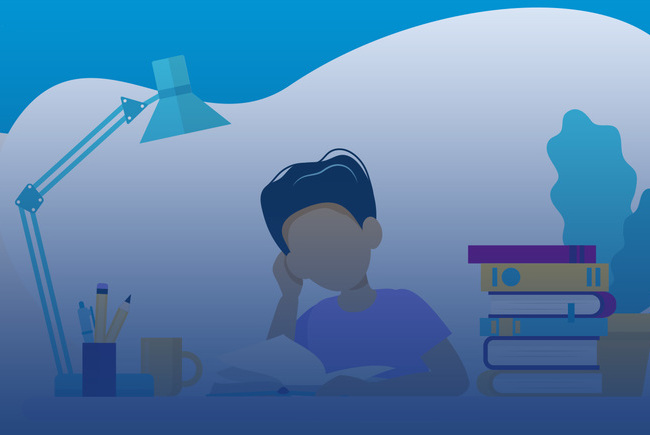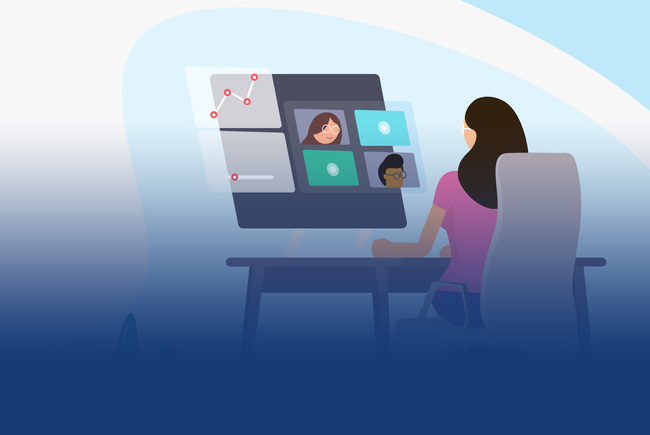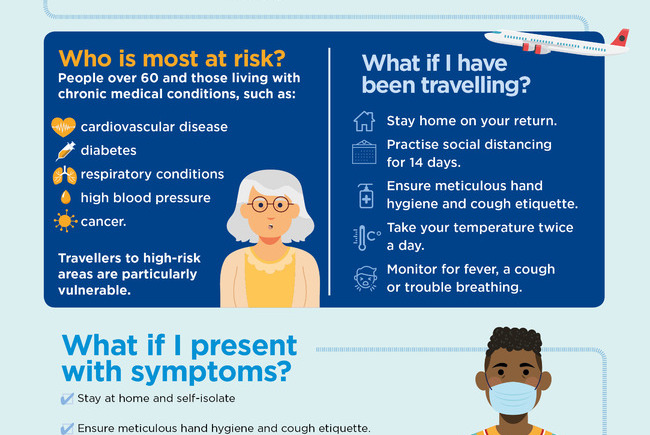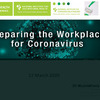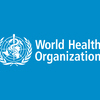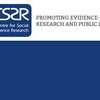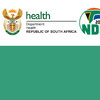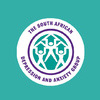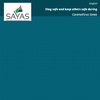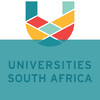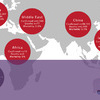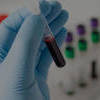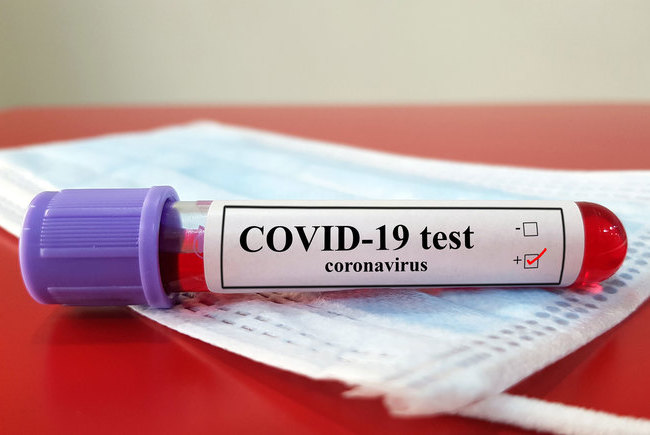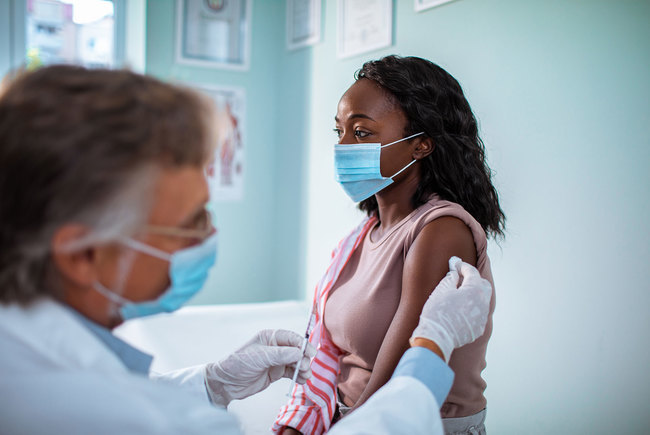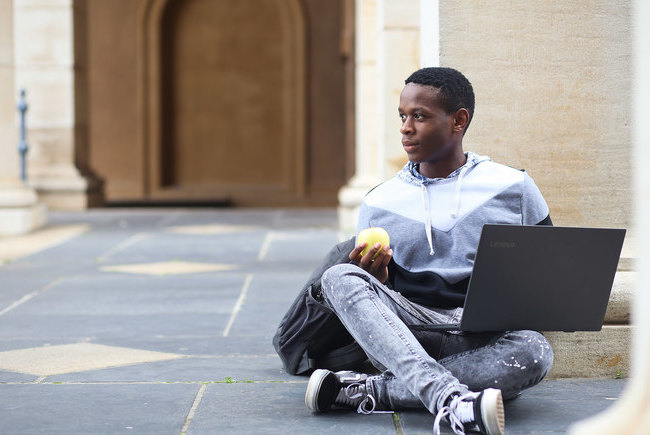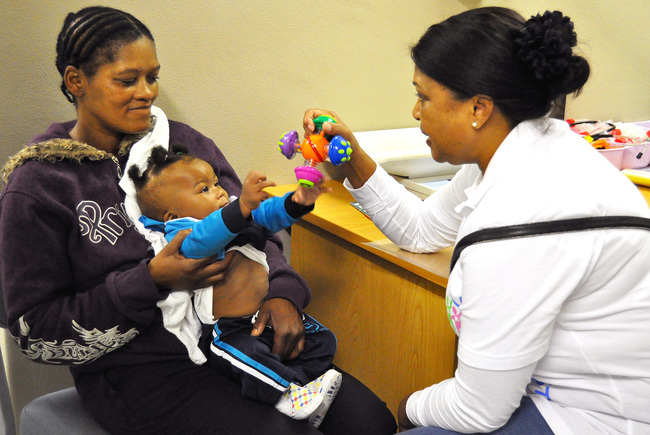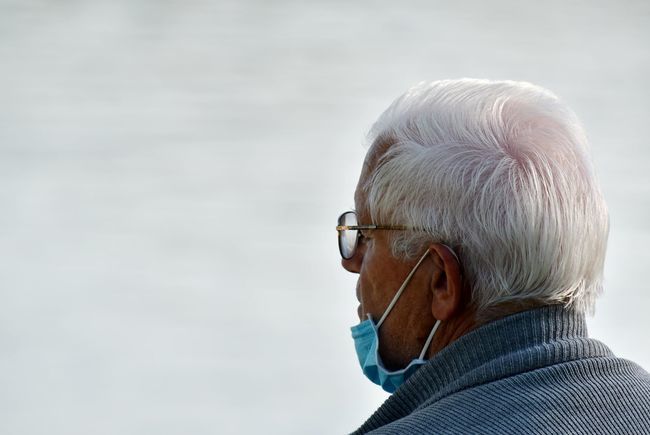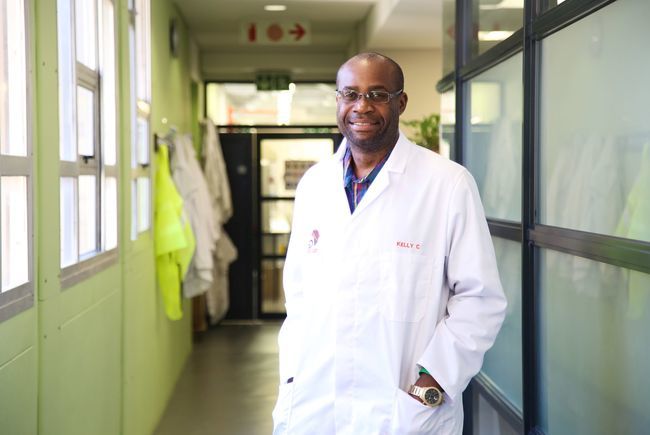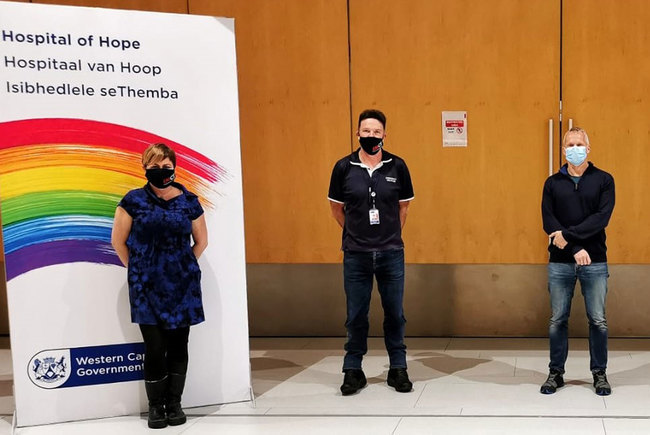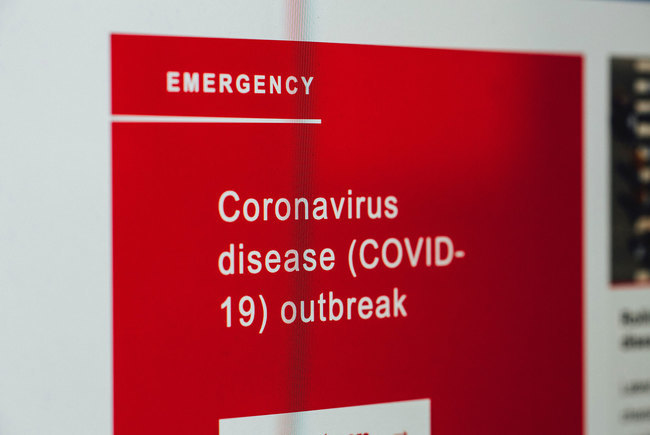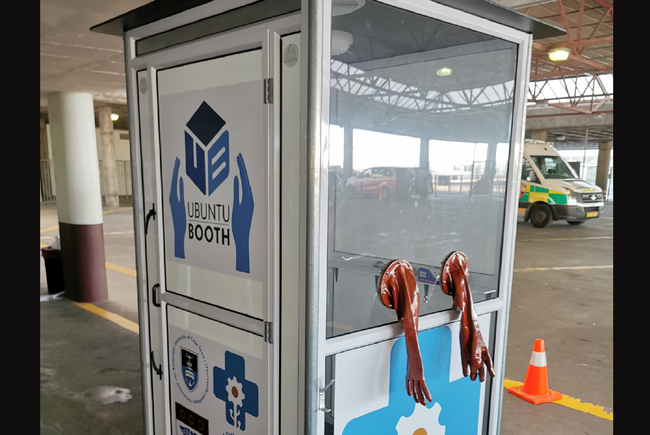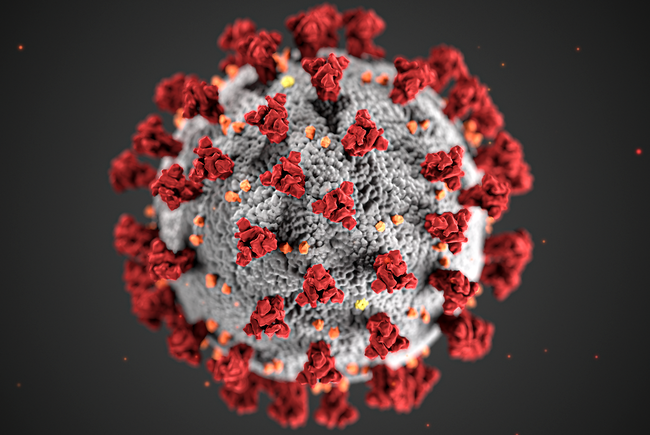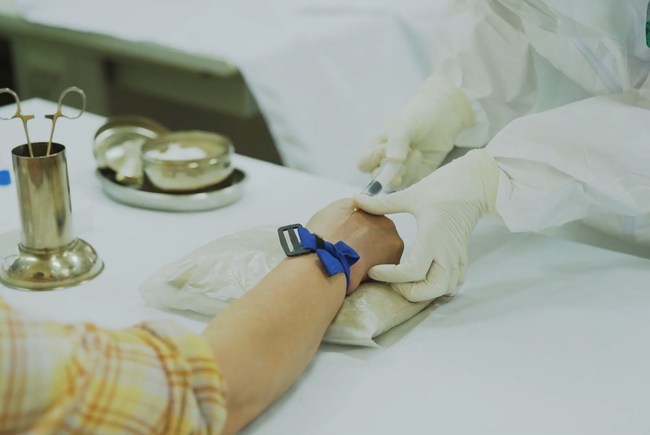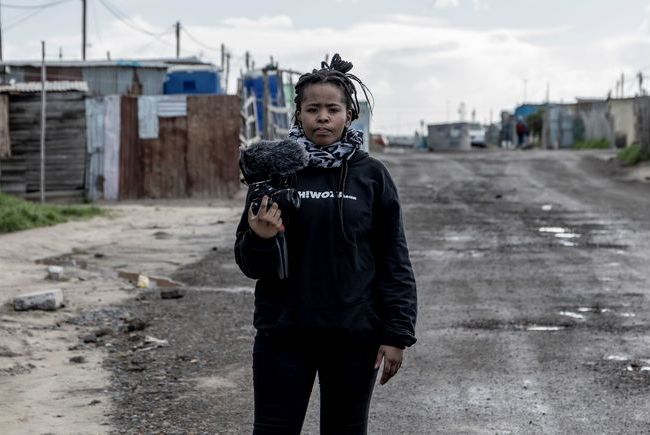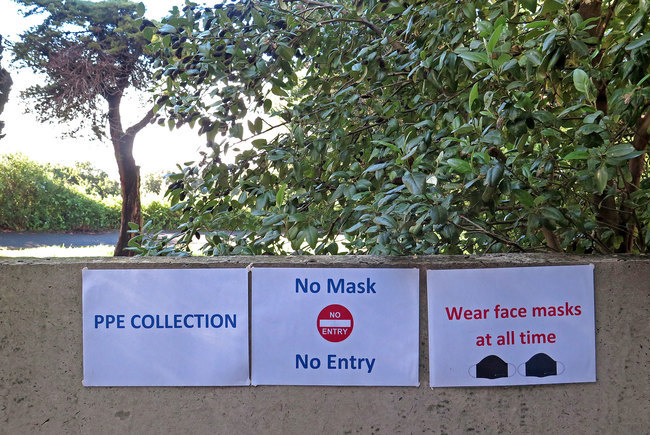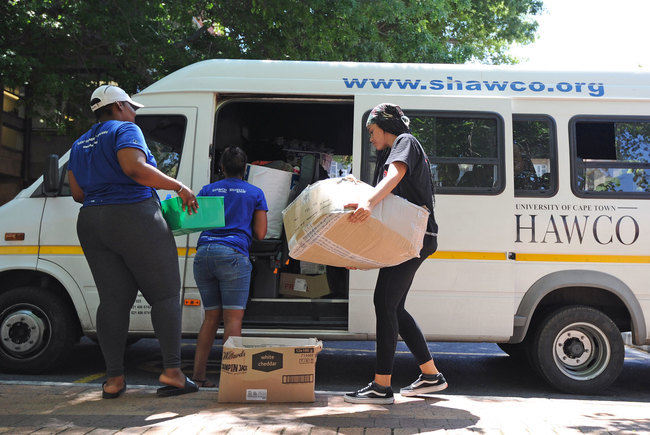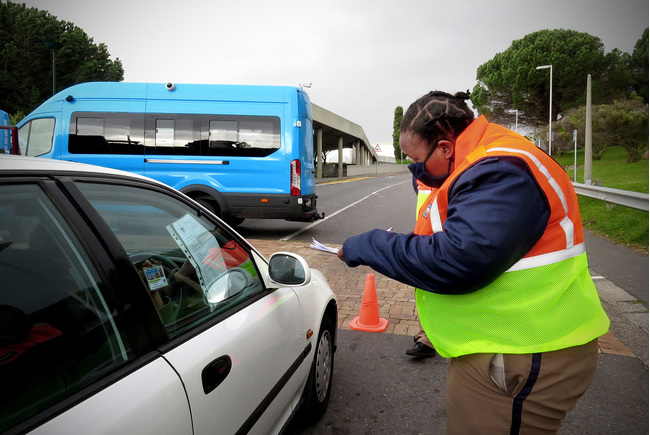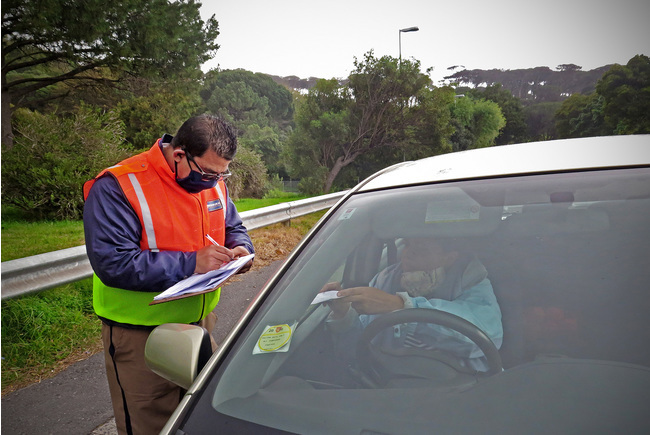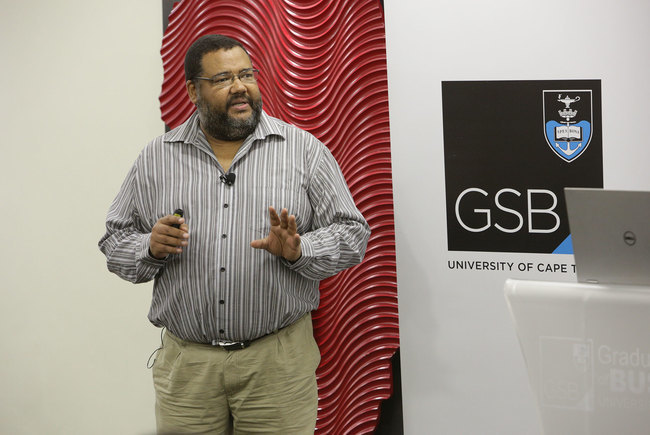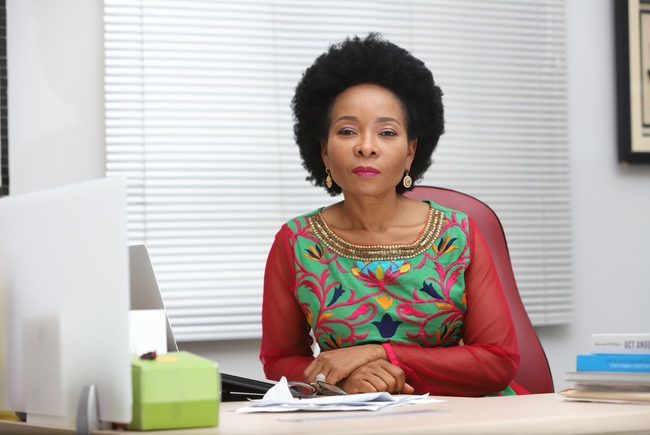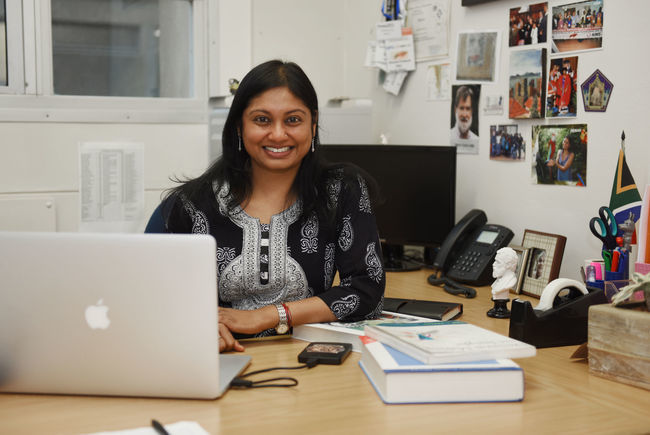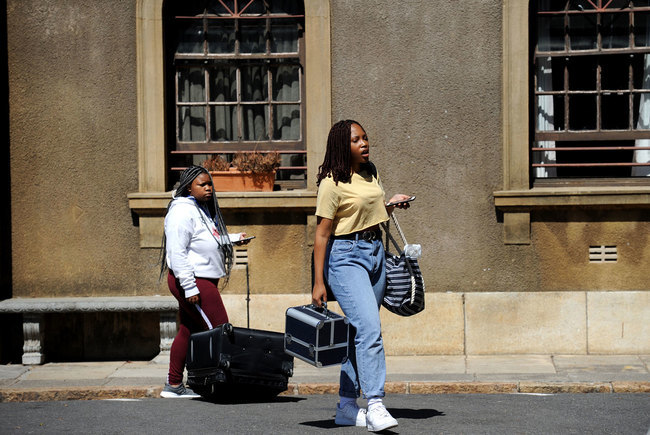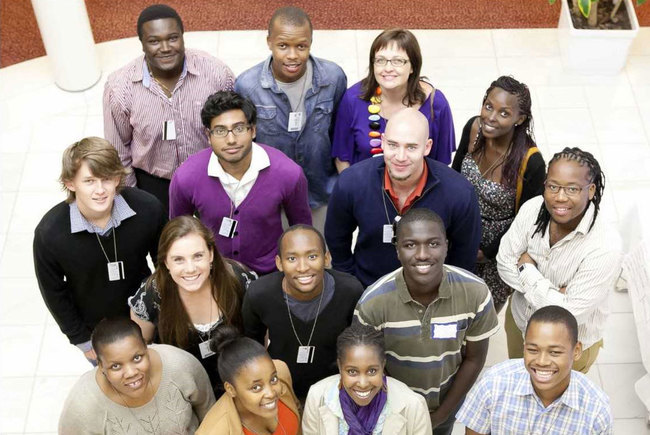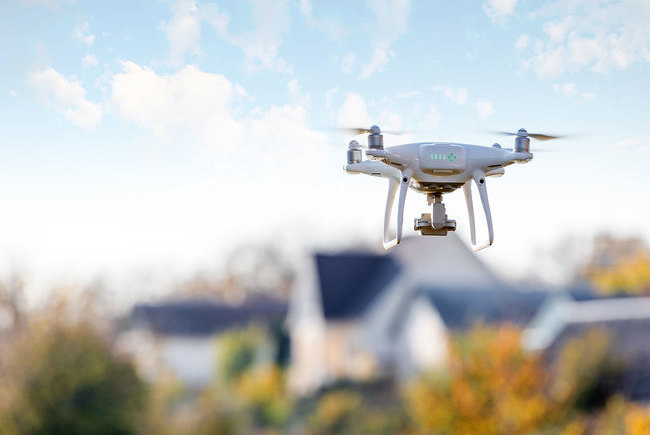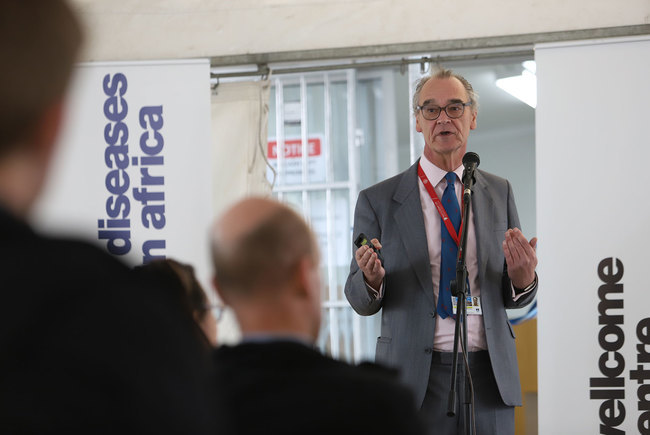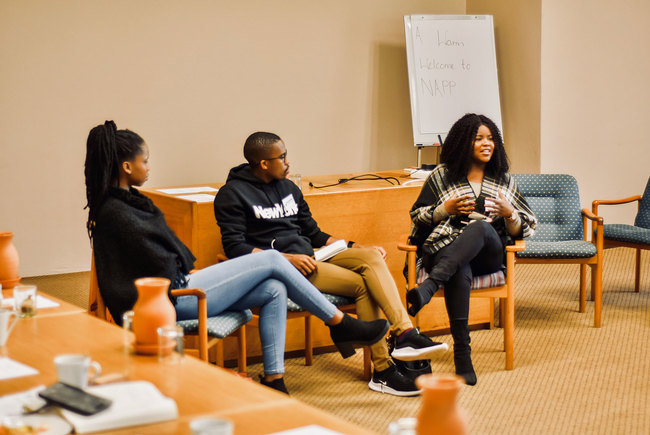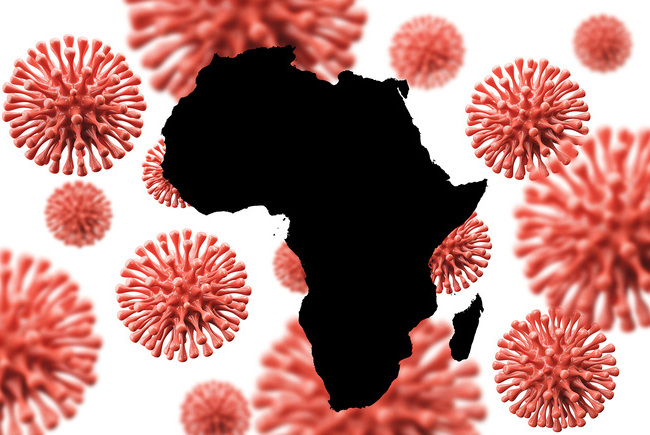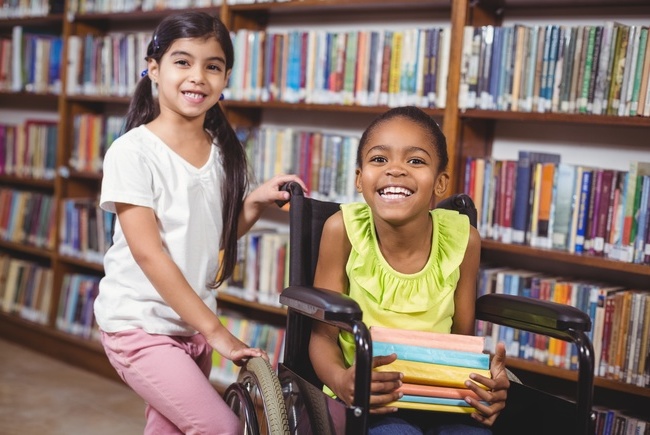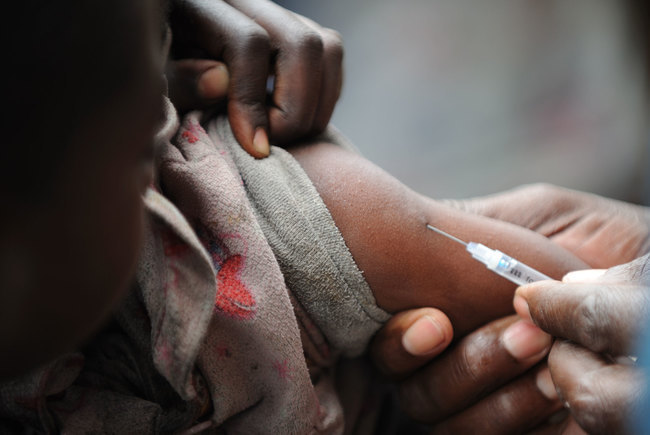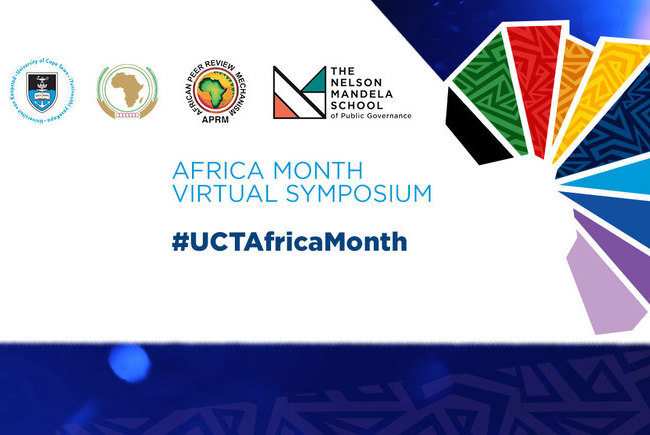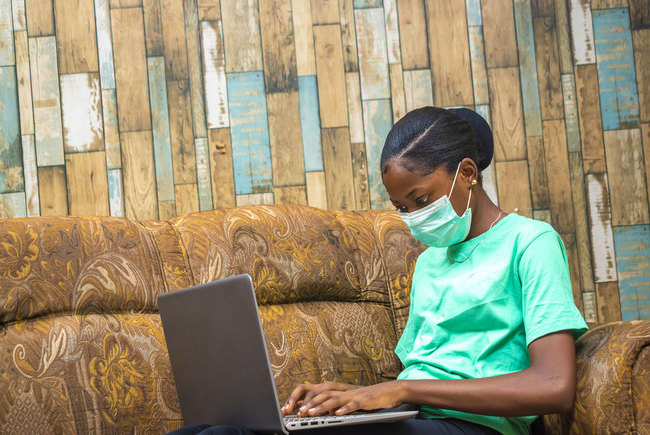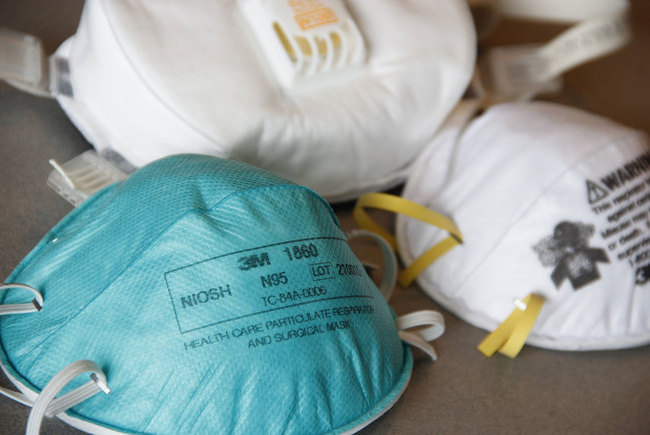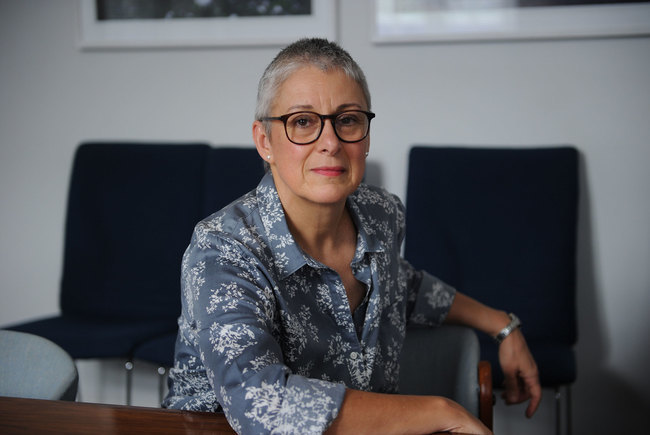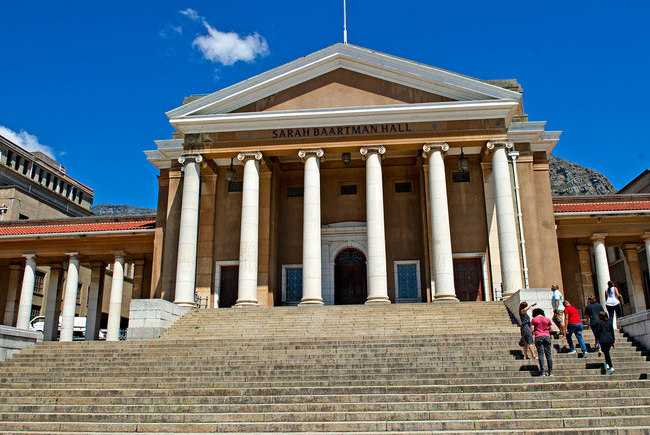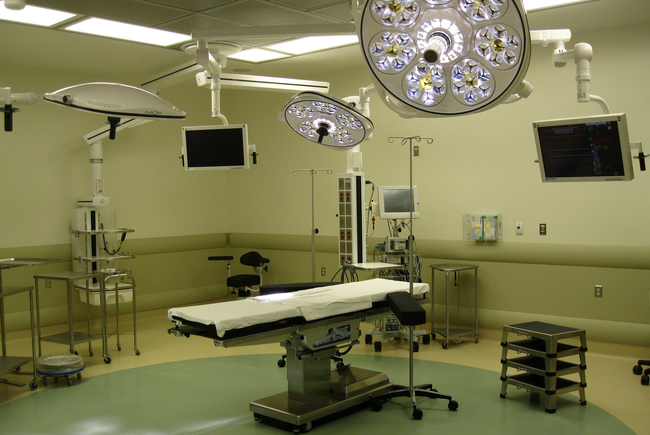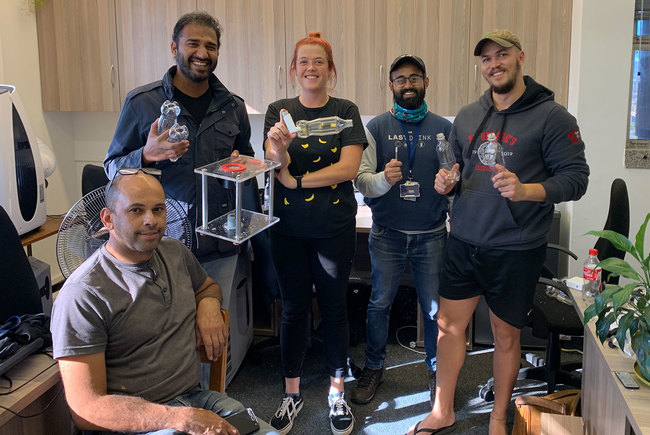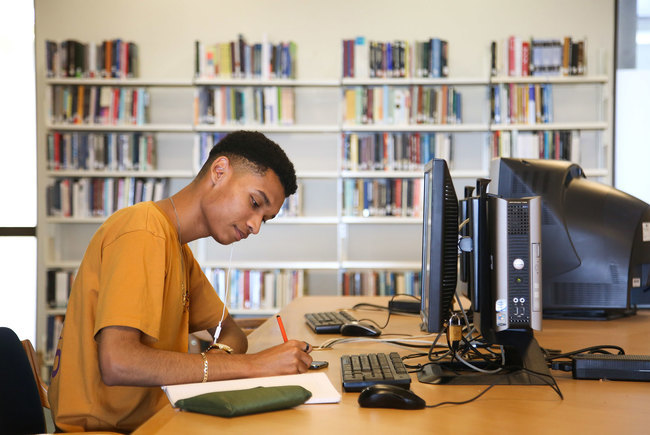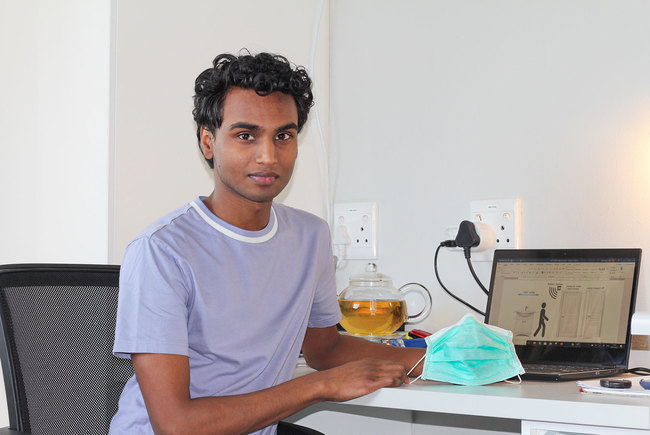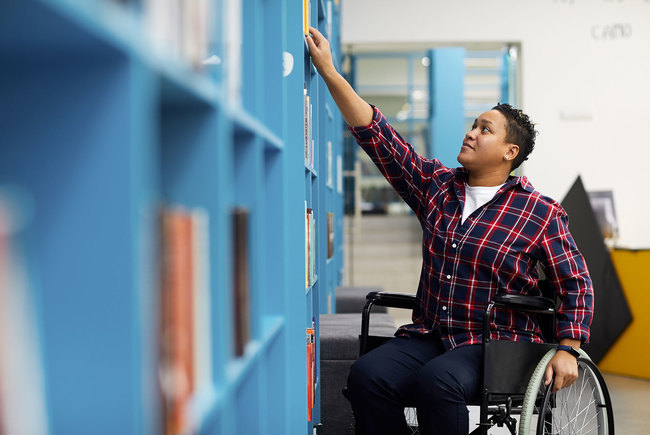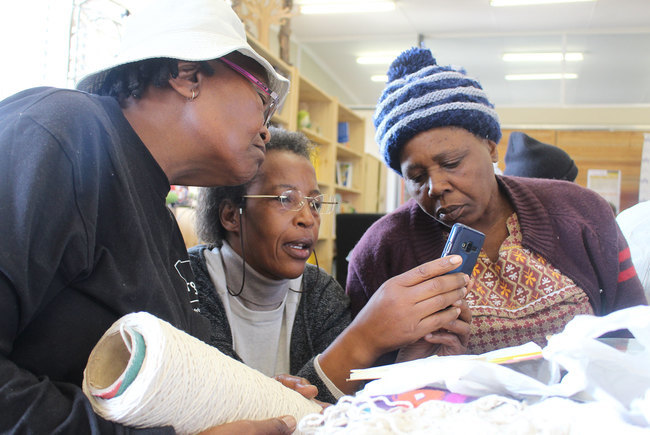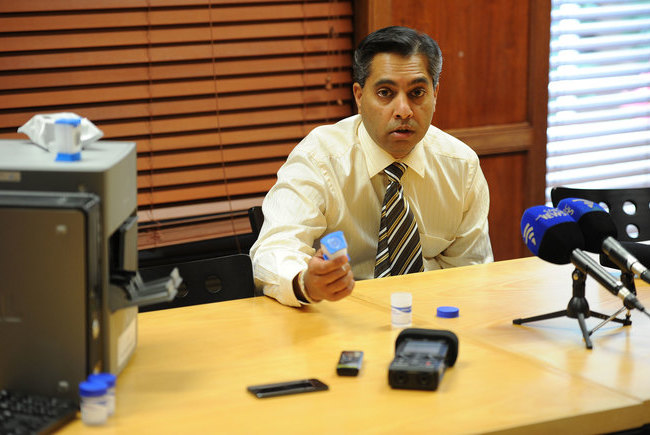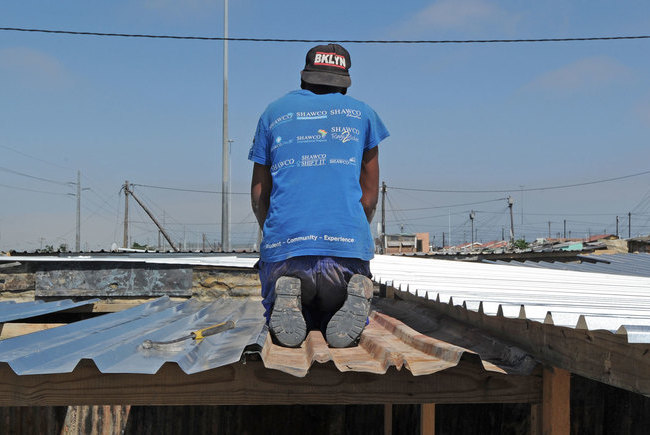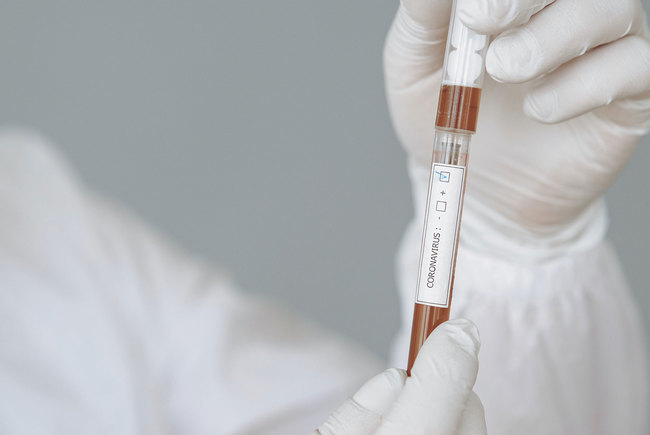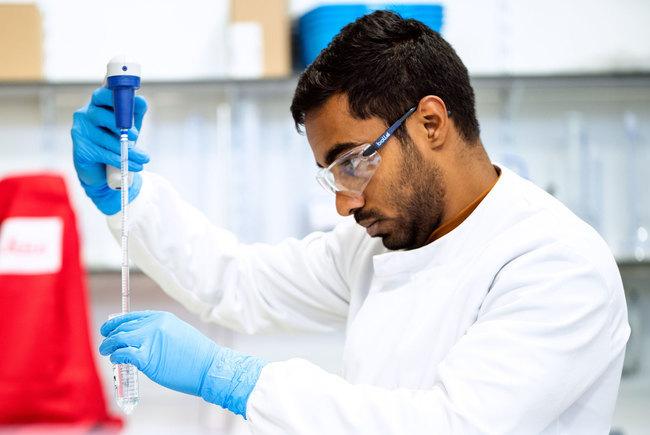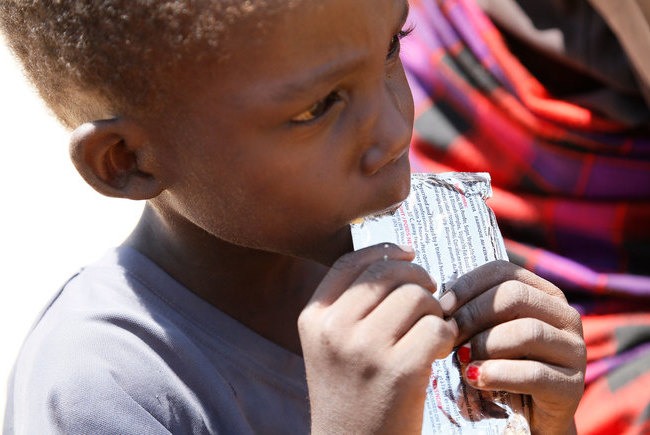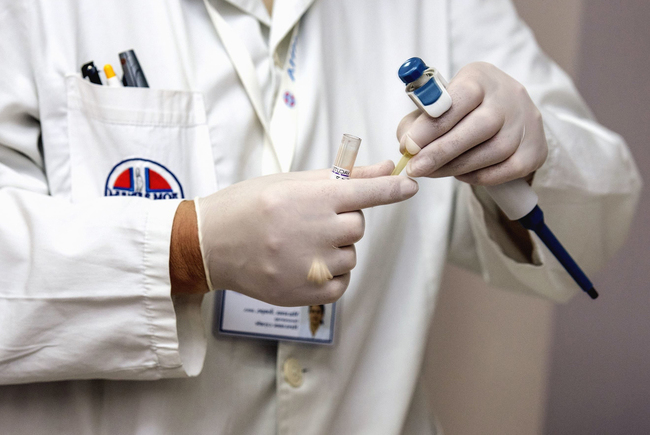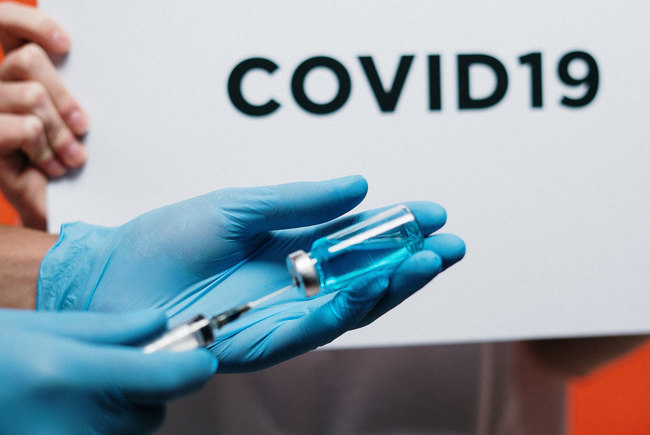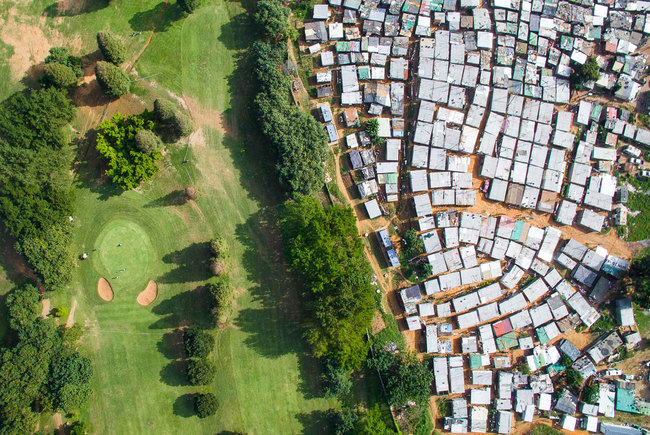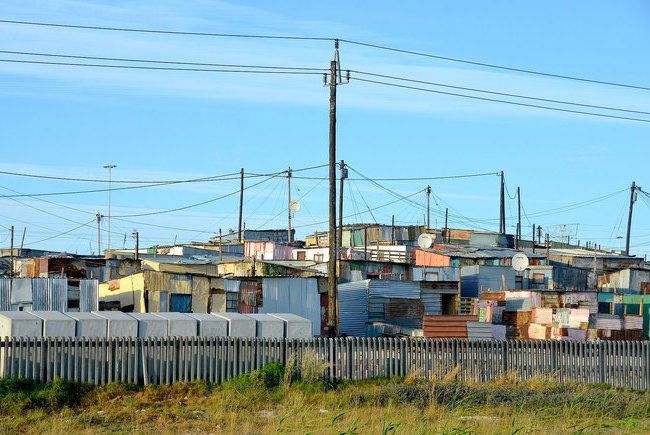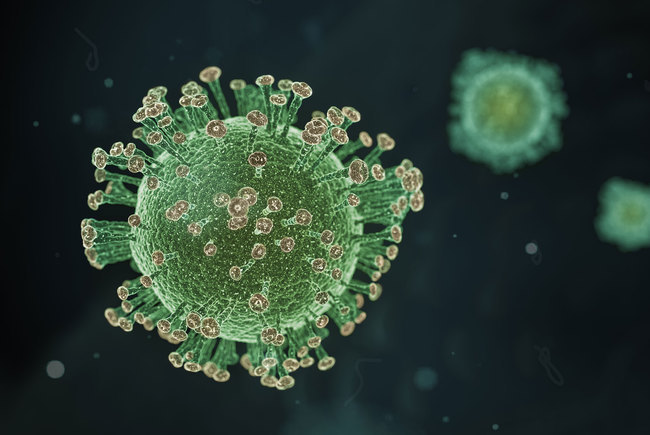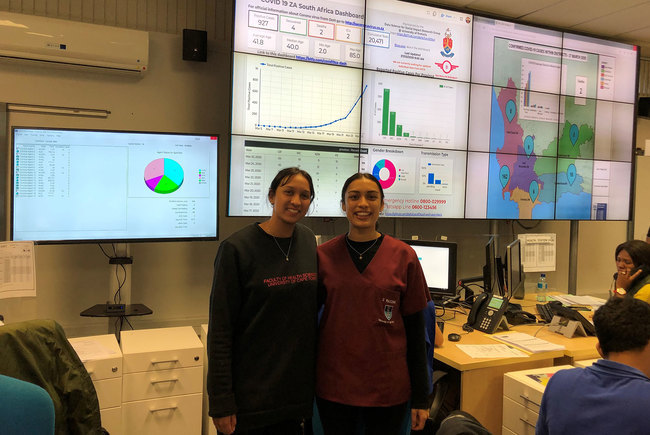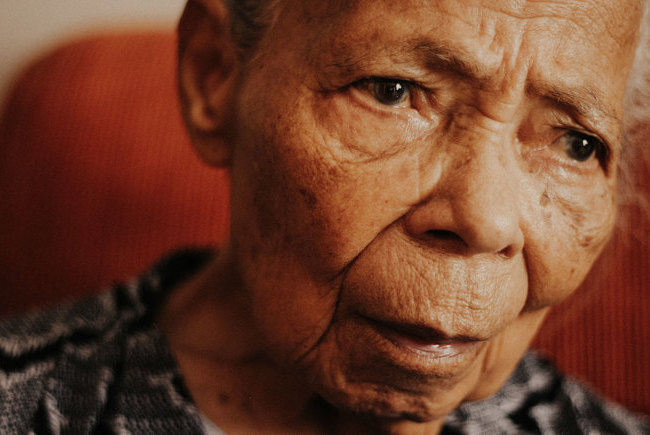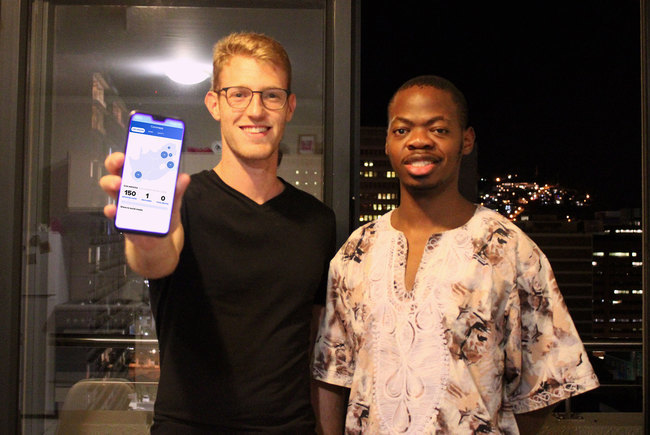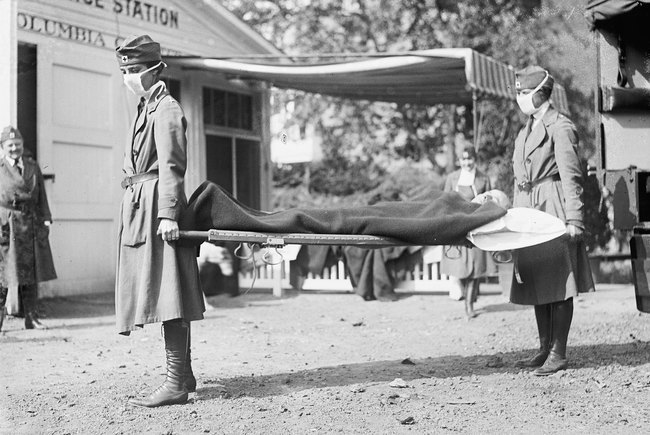UCT Libraries services during the second semester
12 August 2020 | DVC A/Prof Lis Lange
Dear colleagues and students
I am writing to inform you about the management of services offered by UCT Libraries during the second semester, including:
- the continuation of UCT Libraries services virtually
- UCT Libraries’ revised response to the UCT Return to Research Plan
- the launch of the pilot phase of Leganto, a management tool for course reading lists.
1. UCT Libraries will continue as a virtual library service
At a meeting held on 29 July 2020 between members of the UCT Executive and the UCT Libraries directorate, it was decided that UCT Libraries will not reopen physically on campus on 1 September. This was informed by the:
- continued lockdown status of the country and the university
- proven ability of UCT Libraries to function virtually
- strict controls applicable to the management of buildings
- health and safety protocols and restricted access to UCT campuses
- decision to complete the 2020 academic year using remote teaching
- return, by invitation only, of a very limited number of students (approximately 2 000) and essential staff (approximately 1 600)
- strict conditions imposed on students invited to return to campus, which does not include access to the physical libraries.
UCT Libraries will continue as a virtual library service for the rest of the academic year in support of the Emergency Remote Teaching programme and the UCT Return to Research Plan. The physical reopening of UCT Libraries will now coincide on the academic calendar with the resumption of contact teaching and learning.
2. UCT Libraries’ revised response to the UCT Return to Research Plan
UCT Libraries’ revised Return to Research Service has been informed by and built around supporting the UCT Return to Research Plan. The service will take into consideration the adoption of a phased return approach; the completion of master’s and PhD submissions; the research priorities and timelines of the UCT Return to Research Plan; and institutional lockdown regulations, staff health risk assessments, and return-to-work and reopening-of-buildings protocols.
To support the implementation of the UCT Return to Research Plan, UCT Libraries has consulted widely and will be offering limited services from 1 September. Unless otherwise determined and agreed upon, UCT Libraries will be functioning according to a strict schedule and on a closed-access basis, ie general browsing will not be permitted. Available services will include:
- Scan and email: Researchers and postgraduates must inform librarians of their research resource needs 24 hours in advance so that print materials may be scanned (within copyright legislation) and distributed (via email) to the researcher or postgraduate within 48 hours.
- Loans: Researchers and postgraduates must inform librarians 24 hours in advance of specific materials to be borrowed from the open shelves. Loan quotas will be increased, and collection dates and times will be determined by a booking system. Extended loan periods with automatic renewals will apply.
Only those included on the following lists will be eligible to use the above services:
- confirmed master’s and PhD students, researchers and postdoc fellows who have received and accepted a formal invitation and have a permit to travel to UCT, as noted in the UCT Return to Research Plan
- master’s and PhD research students who will not be returning to campus but are working on the final stage of their degrees
- prospective master’s and PhD students working towards the finalisation of their research proposals for submission. Virtual browsing will be encouraged in consultation with the librarian.
Functioning within the current lockdown level, UCT Libraries will need to rely on a core team of staff who will physically access the respective library on certain days only. Strict adherence to health and safety protocols will be expected.
Read more about UCT Libraries’ response to the UCT Return to Research Plan.
3. Leganto: breathing new life into course reading lists for teaching and learning
UCT Libraries will be piloting Leganto, a tool that enlivens course reading lists for a more active and effective teaching and learning experience. This will be a first for a South African academic library. The primary functions of this tool are to:
- create, access, manage and share “new look” dynamic online reading lists
- provide seamless access to a variety of digital content and multiple format information resources held by UCT Libraries
- embed reading lists within Vula for taught courses
- track student use of reading list materials.
We believe that Leganto will have a positive impact on the teaching and learning experience, and student success and retention. As an added layer to Vula, the tool optimises access to and use of knowledge resources, and its powerful data analytics facility allows course conveners to track student progress and see how reading lists are being used. These insights can be used to facilitate the review and improvement of course reading lists and course delivery for a better teaching and learning experience.
The success of Leganto is built on a partnership between UCT Libraries and the academic. Academics who have been identified by faculty library teams as a champion of UCT Libraries will be invited to participate in the pilot.
During the pilot phase, UCT Libraries staff will work closely with you to:
- convert your current reading list into a dynamic online reading list on Leganto
- create online versions of your reading list
- connect you to the vast expanse of knowledge and information resources
- investigate alternative digital versions of essential readings that are held in our print collections.
I urge you to accept this invitation to be a part of this exciting pilot. Finally, I would like to take this opportunity to publicly thank UCT Libraries for the remarkable service offered to both staff and students during this period.
With best regards
Associate Professor Lis Lange
Deputy Vice-Chancellor: Teaching and Learning
Read previous communications:
 This work is licensed under a Creative Commons Attribution-NoDerivatives 4.0 International License.
This work is licensed under a Creative Commons Attribution-NoDerivatives 4.0 International License.
Please view the republishing articles page for more information.
Coronavirus Disease 2019 updates
COVID-19 is a global pandemic that caused President Cyril Ramaphosa to declare a national disaster in South Africa on 15 March and implement a national lockdown from 26 March.
UCT is taking the threat of infection in our university community extremely seriously, and this page will be updated regularly with the latest COVID-19 information.
Daily updates
Campus communications
Resources
Video messages from the Department of Medicine
Getting credible, evidence-based, accessible information and recommendations relating to COVID-19
The Department of Medicine at the University of Cape Town and Groote Schuur Hospital, are producing educational video material for use on digital platforms and in multiple languages. The information contained in these videos is authenticated and endorsed by the team of experts based in the Department of Medicine. Many of the recommendations are based on current best evidence and are aligned to provincial, national and international guidelines. For more information on UCT’s Department of Medicine, please visit the website.
To watch more videos like these, visit the Department of Medicine’s YouTube channel.
Useful information from UCT
External resources
News and opinions

As the COVID-19 crisis drags on and evolves, civil society groups are responding to growing and diversifying needs – just when access to resources is becoming more insecure, writes UCT’s Prof Ralph Hamann.
03 Jul 2020 - 6 min read Republished
The Covid-19 crisis has reinforced the global consequences of fragmented, inadequate and inequitable healthcare systems and the damage caused by hesitant and poorly communicated responses.
24 Jun 2020 - >10 min read Opinion
Our scientists must not practise in isolation, but be encouraged to be creative and increase our knowledge of the needs of developing economies, write Professor Mamokgethi Phakeng, vice-chancellor of UCT, and Professor Thokozani Majozi from the University of the Witwatersrand.
09 Jun 2020 - 6 min read Republished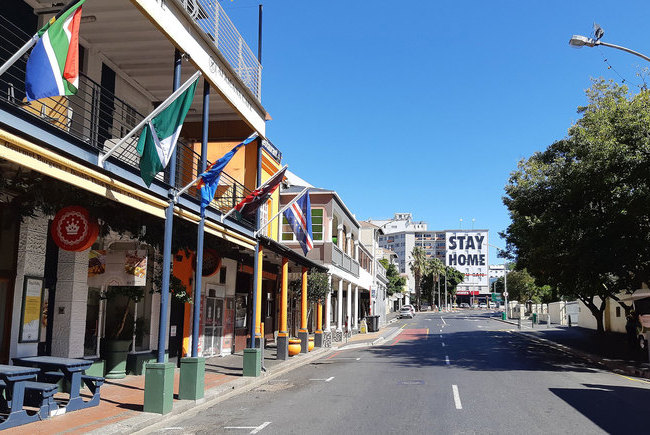
South Africa has been recognised globally for its success in flattening the curve, which came as a result of President Ramaphosa responding quickly to the crisis, writes Prof Alan Hirsch.
28 Apr 2020 - 6 min read RepublishedStatements and media releases
Media releases
Read more
Statements from Government
In an email to the UCT community, Vice-Chancellor Professor Mamokgethi Phakeng said:
“COVID-19, caused by the virus SARS-CoV-2, is a rapidly changing epidemic. [...] Information [...] will be updated as and when new information becomes available.”
We are continuing to monitor the situation and we will be updating the UCT community regularly – as and when there are further updates. If you are concerned or need more information, students can contact the Student Wellness Service on 021 650 5620 or 021 650 1271 (after hours), while staff can contact 021 650 5685.








